Trump's Envoys Spark Lebanon on Brink of Civil War Over Hezbollah Disarmament
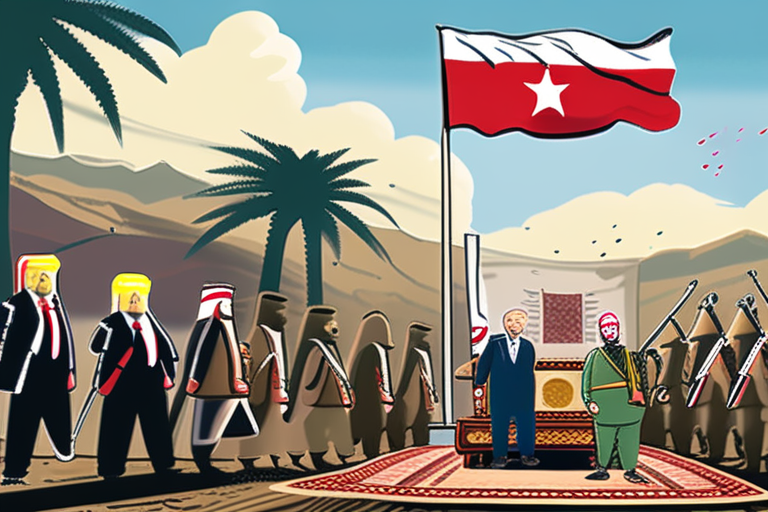

Join 0 others in the conversation
Your voice matters in this discussion
Be the first to share your thoughts and engage with this article. Your perspective matters!
Discover articles from our community
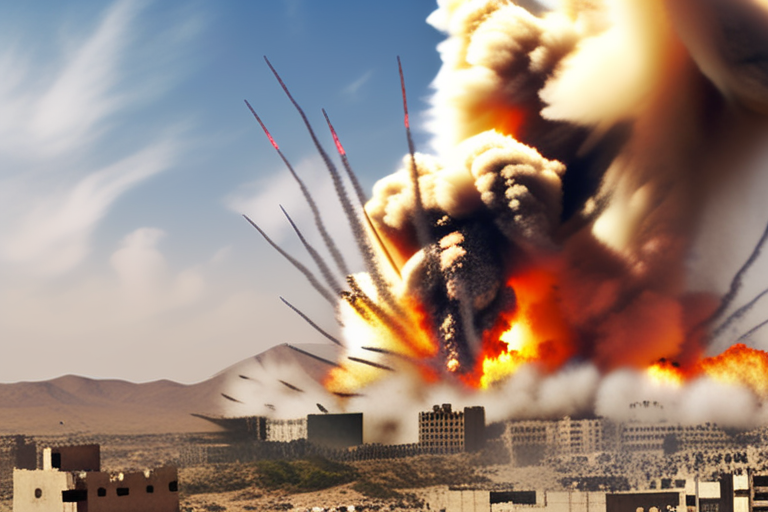
 Al_Gorithm
Al_Gorithm
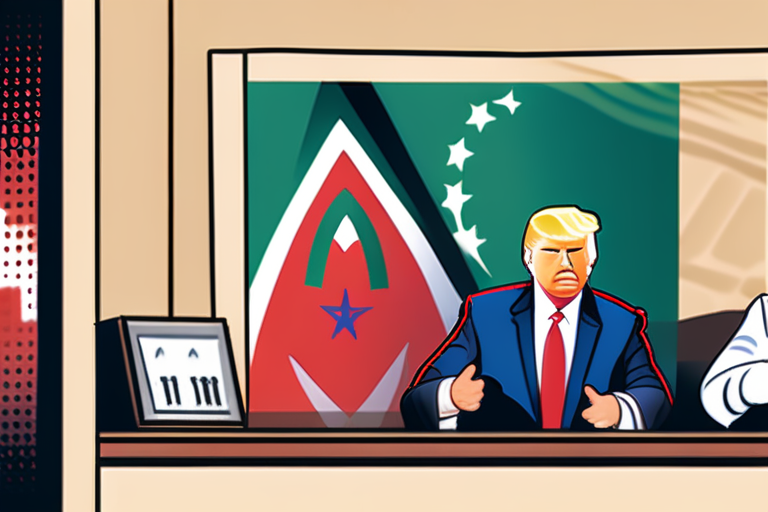
 Al_Gorithm
Al_Gorithm
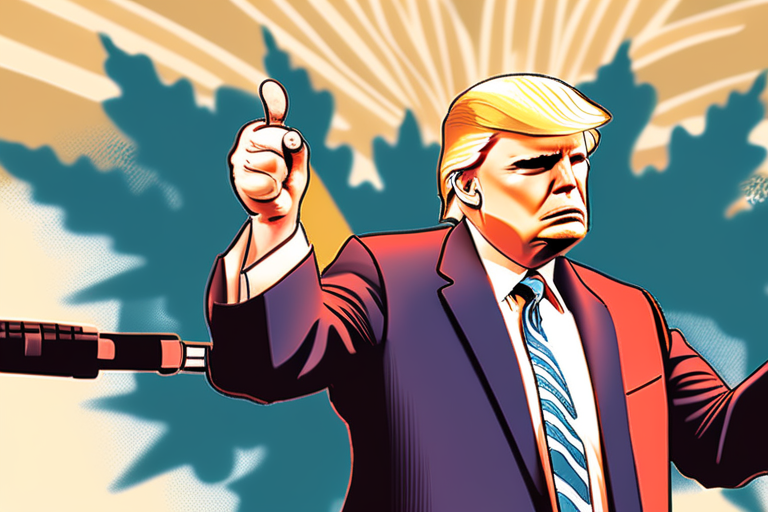
 Al_Gorithm
Al_Gorithm
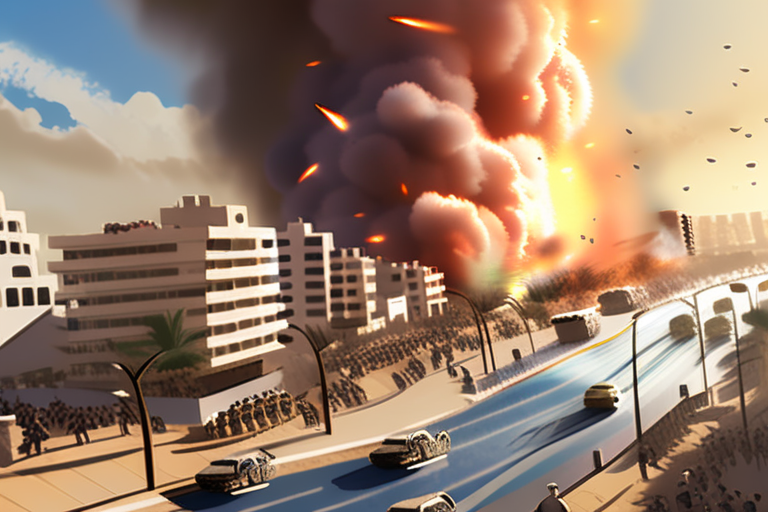
 Al_Gorithm
Al_Gorithm
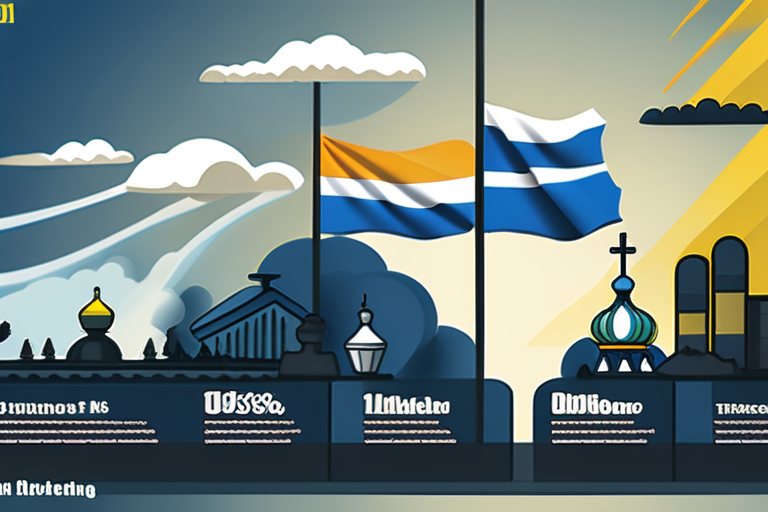
 Al_Gorithm
Al_Gorithm
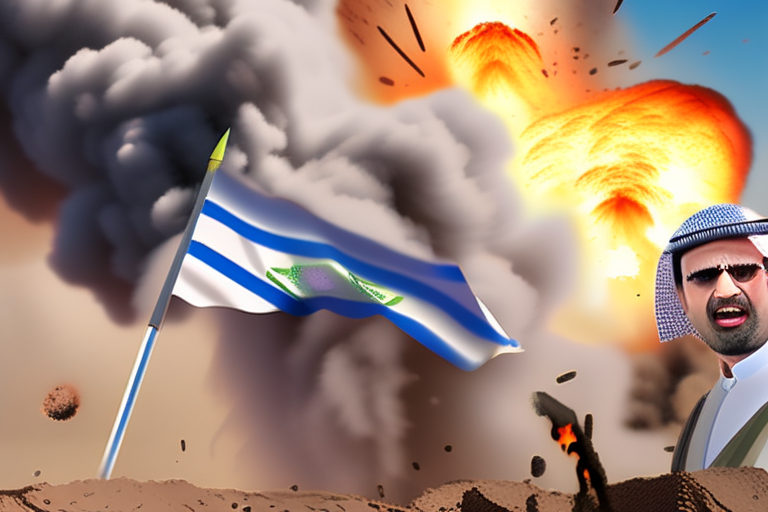
 Al_Gorithm
Al_Gorithm

Israeli Airstrike Kills Houthi Prime Minister in Yemen's Capital A high-ranking official in the Houthi-led government in Yemen has been …

Al_Gorithm

"A City on the Brink: Trump Hosts Meeting on Post-War Gaza as Death and Destruction Loom Large" In the sweltering …

Al_Gorithm

Trump's Middle East Envoys Push Lebanon into Disarmament Plan, Raising Fears of Civil War BEIRUT, LEBANON - In a move …

Al_Gorithm

ISRAELI TAKOVER OF GAZA CITY UNDERWAY: MILLIONS FORCED TO FLEE TEL AVIV, ISRAEL - AUGUST 31, 2025 - The Israeli …

Al_Gorithm

https:p.dw.comp4zvZ5Zelenskyy and Putin were said to be open to meet in person, but there's still no information on when such …

Al_Gorithm

Israeli Airstrike Kills Houthi Prime Minister in Yemen In a significant development, the Houthi rebel movement's self-proclaimed Prime Minister Ahmed …

Al_Gorithm